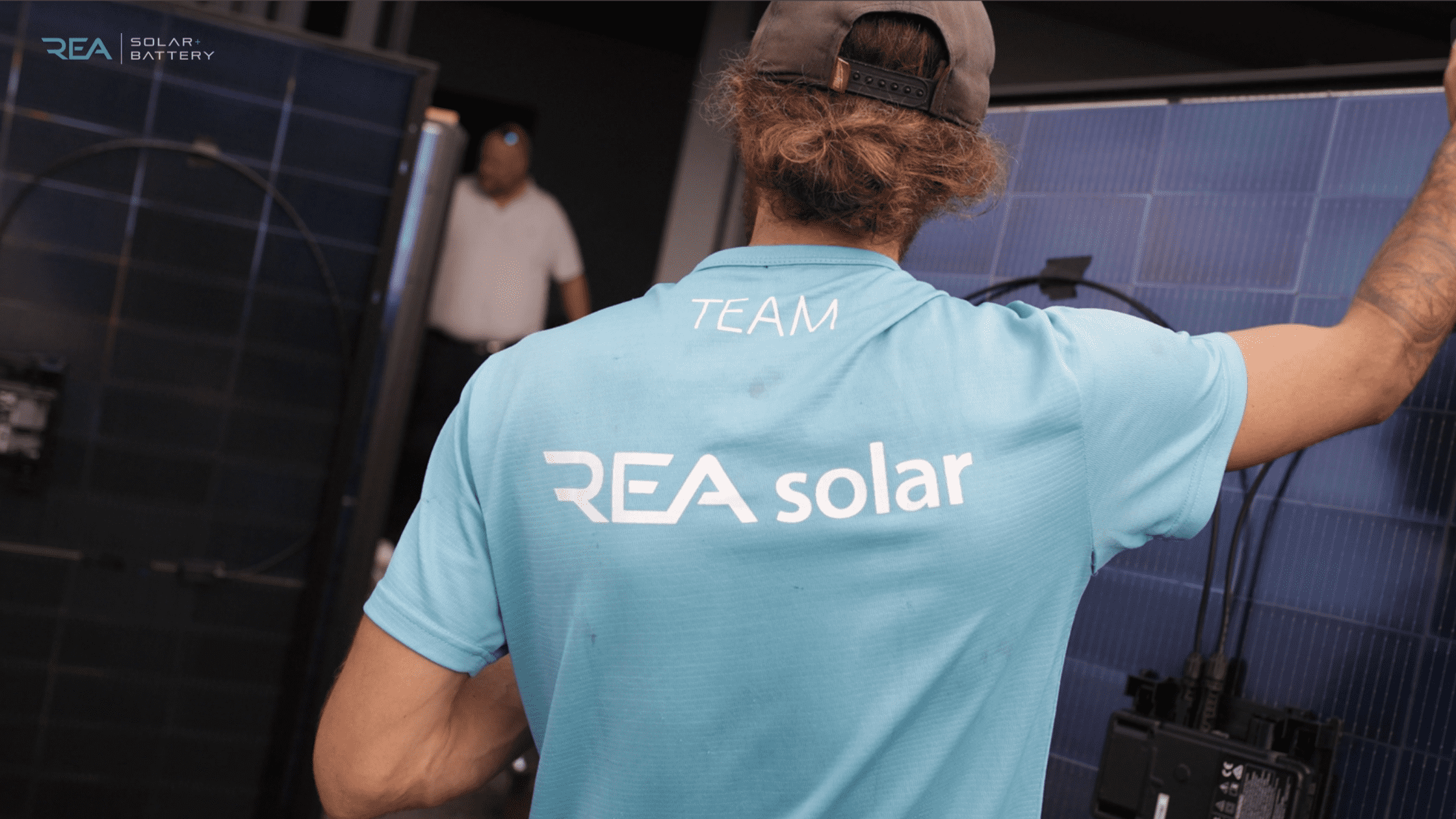ALL THE LATEST TIPS AND SOLAR NEWS
EXPLORE OUR BLOGS
SOLAR POWER MADE EASY
What Would You Like a Quote for?
How to Choose a Trustworthy Solar and Battery Installer in Queensland
With solar panels now topping millions of rooftops across Australia, many Queenslanders are turning their attention to battery storage as the next step in reducing electricity bills and gaining energy independence. But as the demand rises—especially ahead of the Cheaper Home Batteries Program launching on 1 July 2025—so too does the number of installers entering the market. Not all are created equal.
Choosing a trustworthy solar and battery installer is critical to ensuring a safe, efficient, and long-lasting energy system. Whether you’re a homeowner or a business looking to reduce operational costs, knowing what to look for can save you thousands in the long run and ensure you’re eligible for government subsidies.
Here’s a simple, practical checklist to help you navigate the process.
1. Licensing: The Non-Negotiable Starting Point
Any solar and battery installer in Queensland must hold the appropriate electrical licenses. The Electrical Safety Office issues these and are essential for any work involving your home or business’s electrical infrastructure. Always ask to see your installer’s electrical contractor license number and verify it through the official Queensland Government database.
Why does this matter? Unlicensed work can be unsafe, void warranties, and invalidate insurance claims. It also disqualifies you from claiming government rebates like the upcoming Cheaper Home Batteries Program, which will only apply to eligible, licensed installations.
2. CEC Accreditation: The Gold Standard
The Clean Energy Council (CEC) sets the standard for Australia’s solar and battery industry. Look for:
- CEC-accredited designers and installers for solar and battery systems.
- CEC-approved products, including inverters, panels, and batteries.
Only installations carried out by CEC-accredited professionals are eligible for Small-scale Technology Certificates (STCs), which are a key part of existing solar incentives. They’ll also be required under the Cheaper Home Batteries Program to secure federal rebates. This is your assurance that the installation meets national standards and follows best practice.
You can check accreditation status on the Clean Energy Council website.

3. Warranties: More Than Just a Piece of Paper
A quality installer will stand by their work and offer robust warranties across three key areas:
- Product warranties. Offered by the battery or panel manufacturer—usually 10 years or more.
- Performance guarantees. Ensuring the system will deliver a certain level of output over time.
- Workmanship warranties. Provided by the installer—typically 5 to 10 years.
Read the fine print. Does Australian-based support back the warranties? Does the installer have a local presence to honour their warranty if something goes wrong? A trustworthy installer will explain all warranty terms clearly and in writing.
4. Reputation and Reviews: Trust the Crowd (but Verify)
A reputable installer will have a track record of successful installations and satisfied customers. Look for:
- Google reviews and social proof from locals in your area.
- Case studies or project examples on their website.
- Positive mentions in community forums or Facebook groups.
But don’t stop there. Ask for references from recent customers, especially those who have installed both solar and batteries. A trusted company won’t hesitate to connect you with past clients.
5. Local Experience: Know the Grid, Know the Rules
Solar and battery systems are complex and their performance is tied closely to your local climate, energy tariffs, and the capabilities of your local electricity grid. A Queensland-based installer understands:
- Local council requirements
- Queensland-specific energy tariffs and rebate structures
- How to design systems that maximise returns in the state’s hot and sunny climate
- Ensure your battery is installed on a structural foundation that has been approved by a licensed builder.
This local knowledge is crucial, especially as batteries begin to play a larger role in grid stabilisation.
Environmental and Grid Benefits of Trusted Battery Adoption
The environmental argument for battery storage is more than just clean energy. By adopting home and commercial batteries en masse, Queenslanders contribute to:
- Lower reliance on coal-fired power, especially during peak hours
- Reduced strain on the grid, with stored energy discharged when demand is high
- Fewer emissions, as storage helps smooth the intermittency of solar and supports a cleaner energy mix
As we transition towards the federal government’s target of sourcing 82% of electricity from renewables by 2030, batteries are essential. Choosing the right installer helps ensure your system is not only good for your household or business but also for the wider community and climate.
Why Queenslanders Trust REA Solar
At REA Solar, we tick every box—and more.
- Fully licensed and CEC-accredited with over a decade of proven experience in Queensland.
- Installer of thousands of systems across homes, schools, and businesses.
- Offer premium battery brands like REA Power, Enphase, Sigenergy, and FranklinWH with full warranty support.
- Proudly local and committed to clean energy education, honest advice, and sustainable outcomes.
- Provide financial modelling to show your estimated savings and payback period.
- Ready to help you prepare for the Cheaper Home Batteries Program, so you’re installation-ready by 1 July 2025.
Our systems are built for the long haul, and so is our relationship with every customer.
Visit www.solaratci.com or call us on 1300 360 047 to get started with a free consultation.
Ready to future-proof your energy bills and your home? Get your solar and battery installation done right the first time. Contact REA Solar today and prepare for the Cheaper Home Batteries Program before the rush begins.
